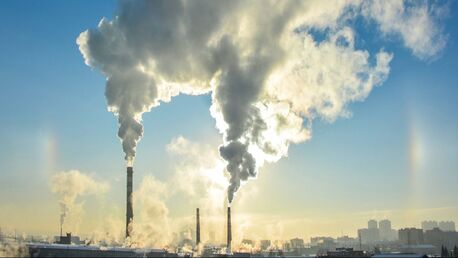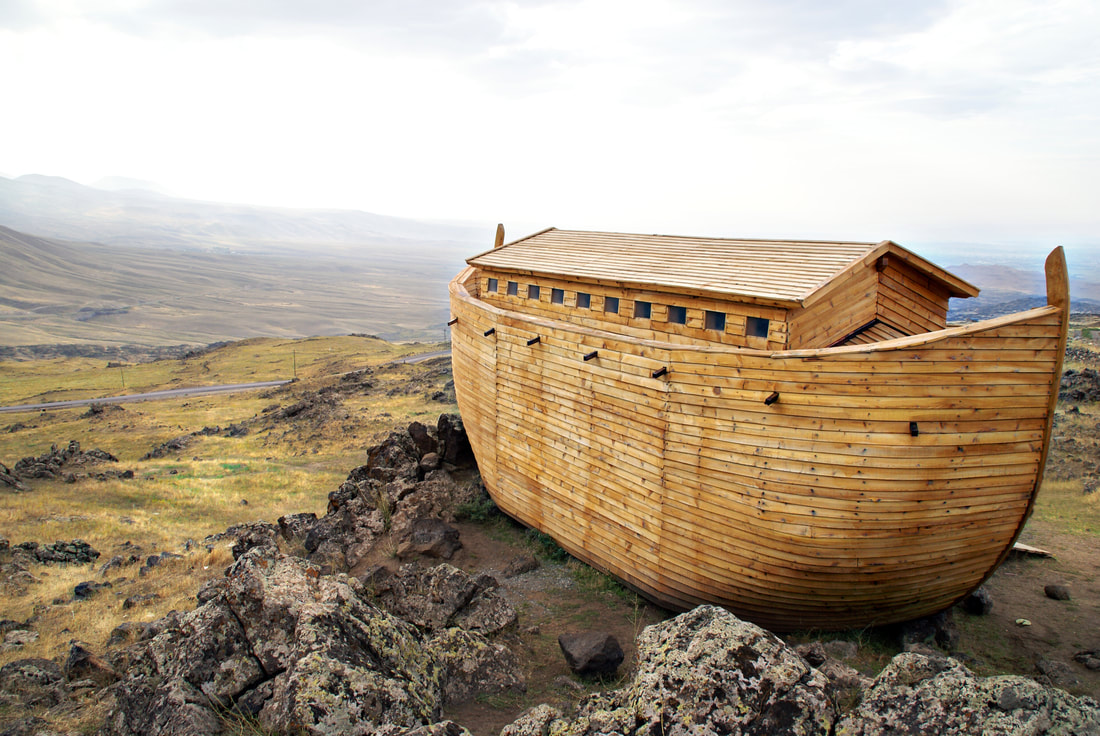Religious Americans have added a moral voice to debates on public policy, highlighting the need for social justice, health, and ecological well-being. In doing so, they bring new life and fullness to faith and healing in the world. As awareness of environmental problems has grown, communities of faith have responded through ideas and action. Denominational declarations have established theological and moral foundations of thought. Scholars have drawn upon scripture and tradition and engaged today’s scientific insights, deepening our understanding of the whole world as God’s creation. In worship and education, through prayer, music, sermons, and study, people have discerned their ecological responsibility and developed skills for sustainable living.
Climate ChangeAs a profound reflection on the fundamental nature of our relationship to Creation, climate change is one of the most concerning issues to faith leaders of many faith traditions and includes an intentional focus on climate justice.
Our Focus:
Clean Water |
LandAccess to land is one of the most tangible issues of environmental justice; in addition, beautiful, pristine lands help us feel a sense of awe at the marvel of God's creation and allow us to reflect on and connect to our spirituality. Our stories are held on God's lands and our faith walk requires us to ensure that public lands tell the stories of all communities.
Our Focus:
Clean Air |
|
Clean water is both a fundamental spiritual and physical need. Water, with its connective and restorative properties, helps us connect with God's creation and sustains us. Attending to clean water access is an important part of our need to address environmental justice.
Our Focus:
|
Emissions from human activity, power plants, chemical production, and more are increasingly impacting air quality around the world. As harmful pollutants and particles enter the air, individuals, communities, and ecosystems suffer - especially the most vulnerable.
Our Focus:
|
Species Protection
|
The religious community has a particular care for God's creatures. Every species is part of a fragile web of life, and the loss of a species is an irreparable blow to the balance of an entire ecosystem. We can provide for a new "Noah's Ark" through species protection.
Our Focus: Farm Animal Welfare Endangered Species Protection |




